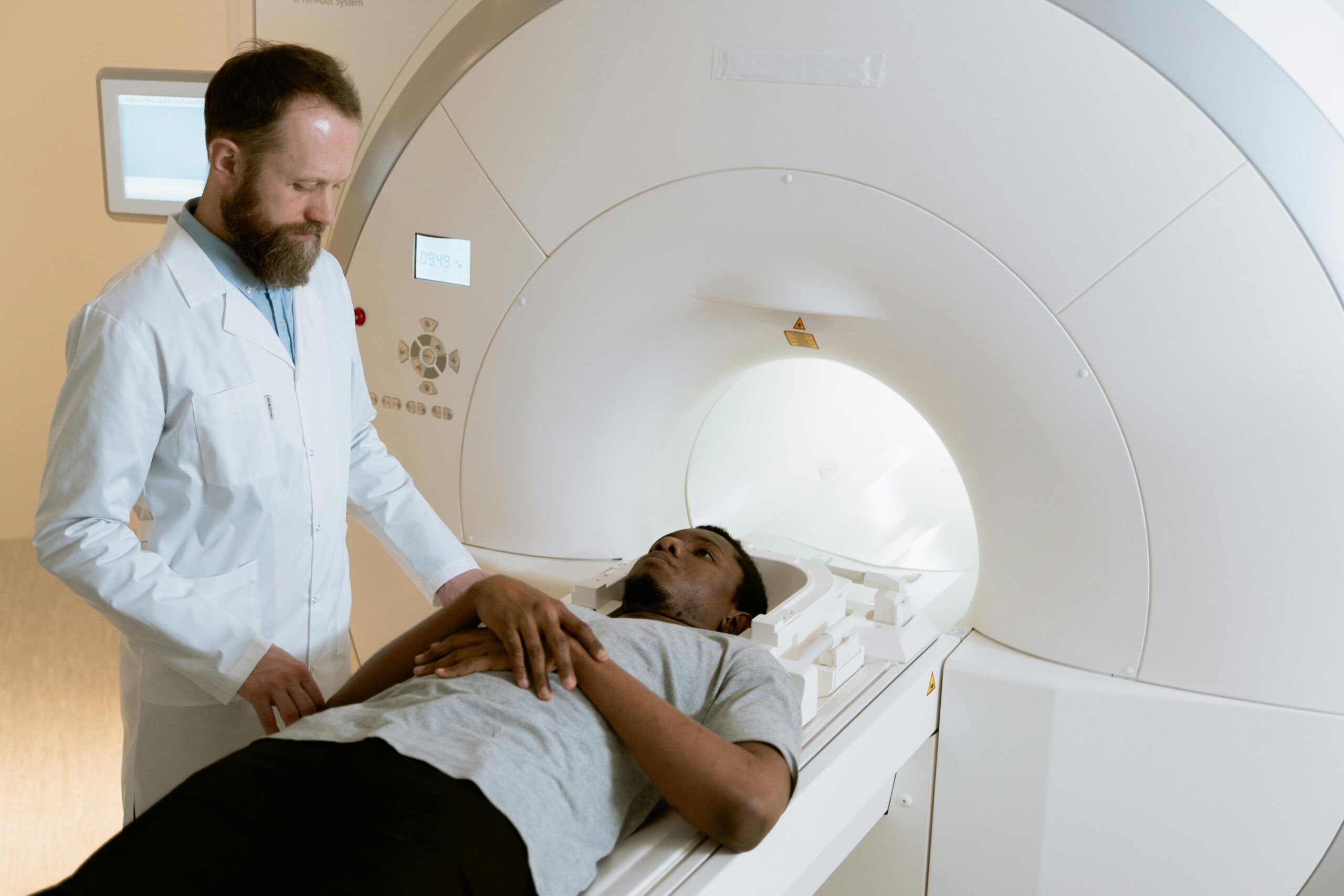Understanding Liability
Medical malpractice occurs when a healthcare provider deviates from the accepted standard of care, causing harm to a patient. Providers are legally liable when they fail to deliver a reasonable level of skill and competence expected in their profession.
Failure to Warn (Informed Consent)
Patients have the right to be fully informed about the risks associated with any medicine, medical device, or procedure before agreeing to treatment. When a provider fails to warn about these risks, it may form the basis for a malpractice claim.
State-Specific Medical Malpractice Laws
Malpractice laws differ across states, and many types of healthcare providers can be held accountable, including:
- Physicians and surgeons
- Psychiatrists and dentists
- Physician assistants (PAs) and nurse practitioners
- Nurses and allied health professionals, including physical therapists, osteopaths, chiropractors, podiatrists, therapists, social workers, psychologists, pharmacists, optometrists, and medical imaging specialists.
Malpractice claims often involve delayed diagnoses, improper treatment, or negligence by hospitals or nursing homes.
Filing a Medical Malpractice Claim
If your injury was caused by someone else’s medical negligence, you may be entitled to compensation. This can include:
- Past and future medical expenses
- Lost wages and diminished earning capacity
- Pain and suffering
- Emotional and psychological distress
- Loss of enjoyment of life
- Loss of consortium
However, the burden of proof lies with the patient. That’s why having a skilled legal team is essential. At Vigna Law Group, we treat our clients like family. Our attorneys—paired with Dr. Greg Vigna’s medical expertise—build strong cases grounded in both legal precision and medical insight.
We handle every step of the legal process, including:
- In-depth investigations
- Filing of the lawsuit
- Evidence collection and discovery
- Depositions
- Consultation with top medical experts
- Mediation
- Trial, if necessary



